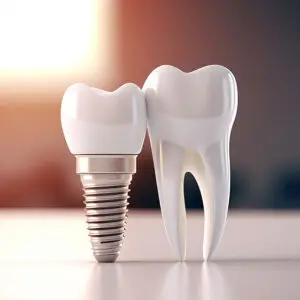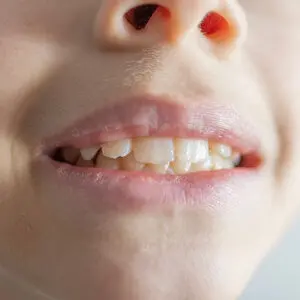
The Dental Implants Puyallup Patients Rely On
How Can Dental Implants Restore Your Smile? A confident smile can transform your life, but missing teeth often lead to feelings of self-consciousness and challenges
January 24, 2025

Can Cavities Spread Through Kisses?
HARMFUL ORAL BACTERIA reproduces very quickly, which is why it matters so much…
January 22, 2025

What’s Unique About Women’s Dental Health?
MEN AND WOMEN don’t face the same dental health challenges, nor do they have the same dental…
January 8, 2025

Gum Disease Can Affect Kids Too
CHILDREN DON’T HAVE to deal with a lot of the health problems that affect adults, but…
December 26, 2024

What Does Fluoride Do for Our Teeth?
EVERY TUBE OF TOOTHPASTE with the ADA’s Seal of Acceptance has the same two…
December 11, 2024

My Child Has a Toothache. What Can I Do?
AS ADULTS, TOOTHACHES can quickly ruin an otherwise lovely day, but how much worse is it for…
November 27, 2024
